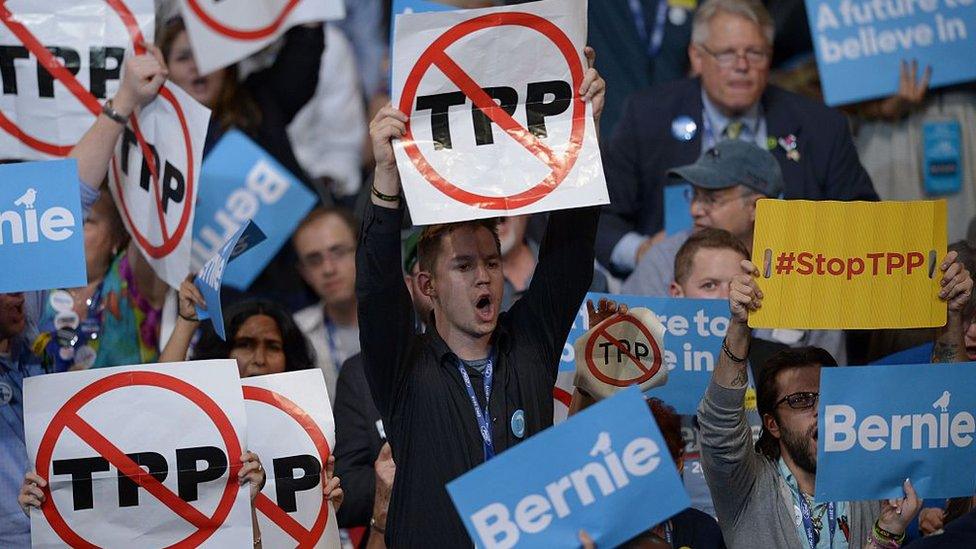Bank governor Mark Carney says inflation will rise
- Published
- comments
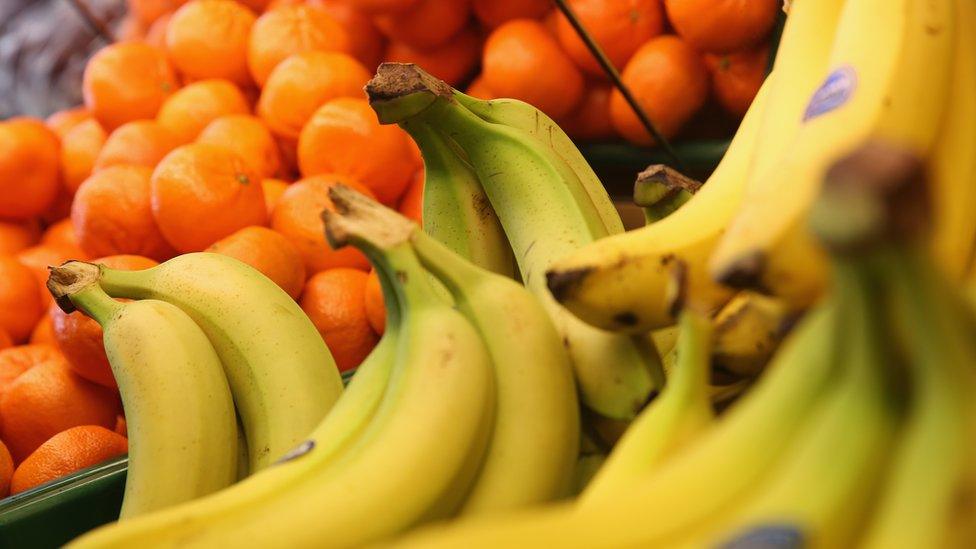
Mark Carney has said that inflation will rise on products such as food because of the fall in the value of the pound.
The governor of the Bank of England made clear that sterling's fall "helps the economy adjust".
However, he said it was "going to get difficult [for those on the lowest incomes] as we move from no inflation to some inflation".
He said that food would be the first to experience price rises.
More broadly, Mr Carney said goods and services would see higher inflation over the next "few years".
"It will show up," he said.
Mr Carney, who was speaking at a public roundtable with charities and other third sector organisations in Nottingham, said it was not the Bank's job to target the value of sterling but that "we are not indifferent to it, it matters to the conduct of monetary policy".
He said the Bank had to "weigh increased inflation against supporting the economy" with low interest rates.
The pound recovered most of the days losses against the dollar following his comments.
Yields on 10-year UK government bonds rose more than 10 basis points to 1.149% - their highest level since the Brexit vote - as investors bet the currency's recent falls would send inflation higher.
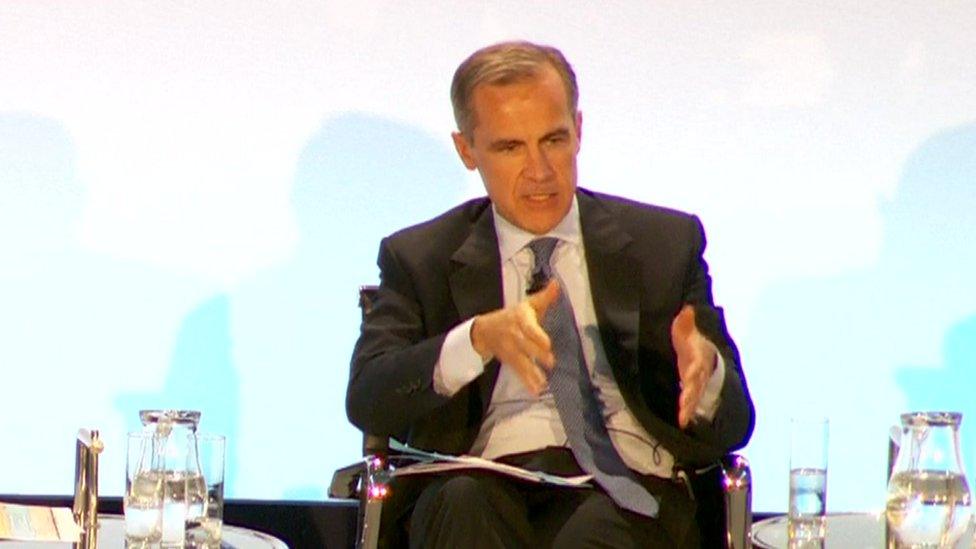
A week after Theresa May questioned at the impact of the Bank's quantitative easing policies, Mr Carney also said that Threadneedle Street would not be told what to do by politicians.
He said it made the Bank's job more difficult when politicians commented on its policies, rather than its objectives.
"We are not going to take instruction on our policies from the political side," the governor added.
Protecting jobs
Earlier, Mr Carney said that the Bank of England was willing to see an "overshoot" of its 2% inflation target if it meant supporting economic growth and protecting jobs.
Between 400,000 and 500,000 jobs could have been at risk if the Bank had not taken action after the referendum, he said.
"We are willing to tolerate a bit of an overshoot [on inflation] to avoid unnecessary unemployment. We moved interest rates down to support the economy."
The Bank cut interest rates and provided more monetary stimulus in August after the vote to leave the European Union.
Mr Carney said long-term economic prosperity could not be guaranteed by the Bank: "We can mess it up, we can't make it. We provide the foundations, not the end."
Inequality
With the fall in the value of sterling, some economists now predict that inflation will hit 3% by the end of next year as imports of products such as food and fuel become more expensive.
On the issue of inequality, Mr Carney said: "We care a lot about distribution, but we are not a political entity."
He said many people were still "scarred" by the financial crisis.
But he argued it was for the government to decide on policies to tackle issues such as globalisation, technological change and skills education.
- Published7 October 2016

- Published24 April 2016
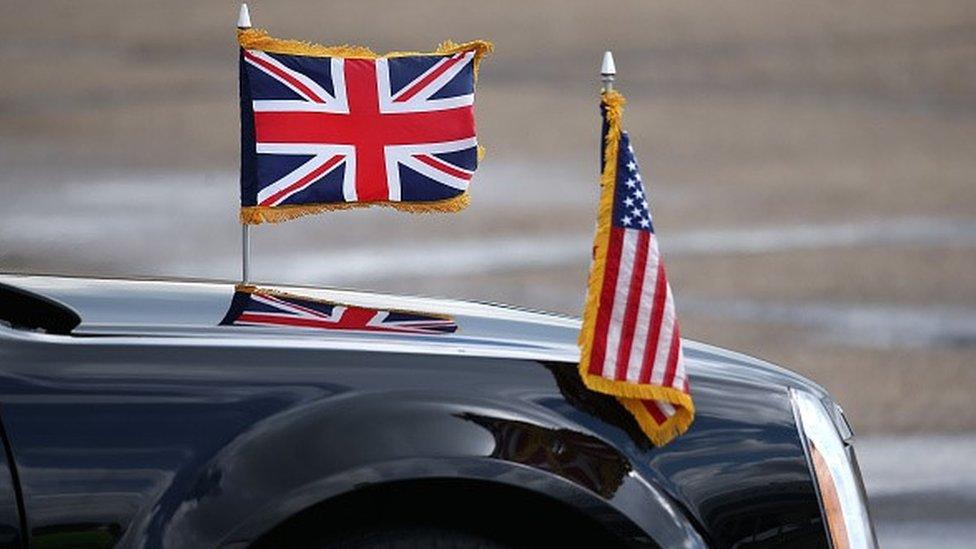
- Published29 August 2016
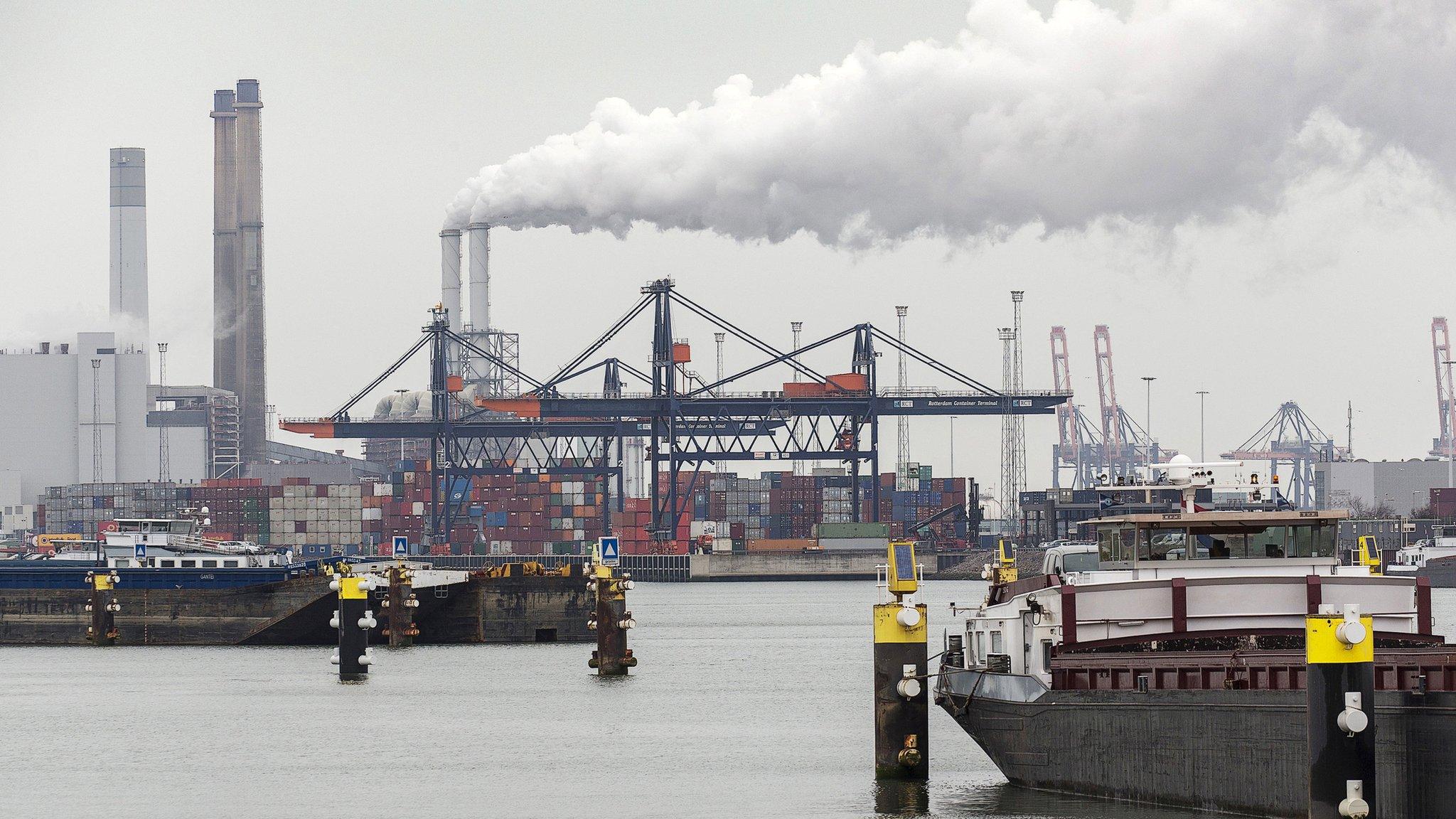
- Published23 January 2017
